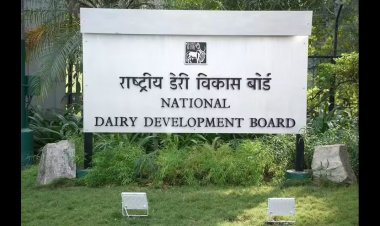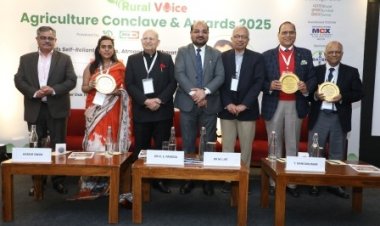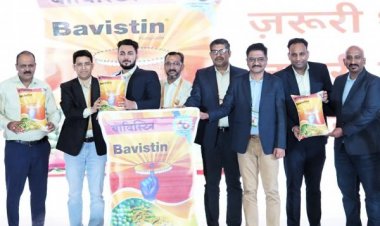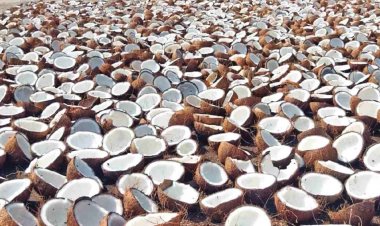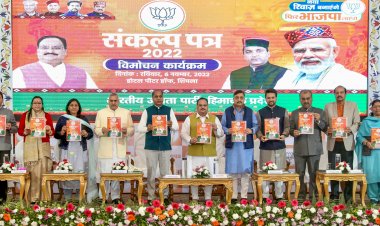Unexpected reactions from farmers’ bodies on GM mustard approval
The recent nod to GM mustard has evoked unexpected reactions from two farmers’ organizations owing allegiance to the Sangh Parivar and another opposed to it. While RSS-backed BKS and SJM have strongly objected to the decision, the AIKS, the farmers’ arm of the CPI(M), demanded extensive testing of the hybrid seeds. The approval, though opposed by certain green groups, got some support from an unexpected quarter when AIKS general secretary Hannan Mollah said the organization was not opposed to the GM crop per se.
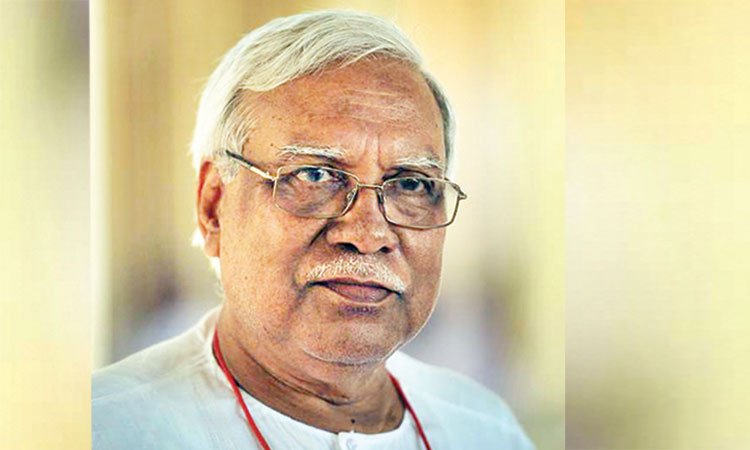
The recent nod to GM mustard has evoked unexpected reactions from two farmers’ organizations owing allegiance to the Sangh Parivar and another opposed to it. While RSS-backed Bharatiya Kisan Sangh (BKS) and Swadeshi Jagaran Manch (SJM) have strongly objected to the decision, the All India Kisan Sabha (AIKS), the farmers’ arm of the CPI(M), demanded extensive testing of the hybrid seeds.
The approval, though opposed by certain green groups, got some support from an unexpected quarter when AIKS general secretary Hannan Mollah said the organization was not opposed to the GM crop per se.
Talking to Rural Voice, Mollah said, “We are not against the GM crop per se. We have our opinion. We believe that the seeds should be scrupulously tested on Indian soil. If the result is successful, there is no harm in implementing it.”
His comments assume significance in the wake of the Genetic Engineering Appraisal Committee's (GEAC)’s green signal to cultivate genetically modified (GM) mustard commercially.
As a word of caution, Mollah said that the control of technology should remain with the governments and the public sector and extensive testing of the hybrid seed must be done by the Indian Council of Agriculture Research (ICAR).
He said that AIKS is not against GM crops. “We are not against science. We have to utilize technology to increase production. In India, with a huge population, we need to increase our production. Technology must be used for this. Our objection is different. If the technology is given by the corporate houses, they prepare the products according to their needs. It will create problems,” he said.
Once the hybrid seed is tested by the ICAR, which is the government’s research wing, and if the test result shows it is not harmful, “we have no objection”.
“After the tests, if it is established that hybrid seeds are not harmful and help in increasing the yield, the government should allow its cultivation,” Mollah said.
But the RSS-affiliated BKS has openly opposed the biotech regulator GEAC's recommendation for the environmental release of GM mustard and asked how the regulator took a decision without relying on any studies conducted in India.
The environment minister should immediately direct GEAC to withdraw its recommendation, it said in a hard-hitting statement.
In its October 18 meeting, the GEAC under the Union environment ministry recommended the "environmental release of mustard hybrid DMH-11 for its seed production and testing as per existing ICAR guidelines and other extant rules/regulations before commercial release".
The recommendation will now again go for the approval of the environment ministry.
The BKS, in a statement, said, "No one knows about the GM mustard although it has been in discussion for the past several years. At times, it was told it was developed to boost productivity and later it was said it was meant for male infertility. After a few days, it was told it was made for controlling weeds. What is it now, no one knows."
No research has been done in the country about the impact of GM mustard on bees and pollination, it said. If no study was conducted in India, "how did a responsible organization like GEAC take irresponsible, illegal, unscientific decisions?".
In a similar refrain, SJM has charged the government’s regulatory body for gene technologies with functioning in an “irresponsible fashion”.
In a strong letter to the Union Minister for Environment, Forest and Climate Change, Bhupendra Yadav, SJM national co-convenor Dr Ashwani Mahajan trashed the GEAC’s claim that GM Mustard is Swadeshi and has been developed in India.
Mahajan said that the GEAC has cleared a GM food crop for cultivation in farmers’ fields in India, “that too a herbicide-tolerant mustard variety, after running the pretence of a review of GM mustard”.
He sought to bring to the minister’s notice that “nothing has changed” from May 2017 when GEAC’s green signal for this unsafe GM mustard had to be stopped by the Government of India, keeping in mind various concerns and serious issues pertaining to this GM mustard. Not a single additional test has been done, nor a single question has been answered scientifically about the safety or efficacy or need of this GM mustard, he said.
“As you know, mustard is a very important crop in our agriculture and in our food chain. For lakhs of bee-keepers in the country, the mustard crop is a source of livelihood, while mustard crop itself benefits from honeybees’ activity in terms of yield improvements. Mustard is eaten directly too in Indian cuisine and mustard oilseed cake is used in organic soil amendments. The fact that such a crop has been exploited for any genetic modification is in itself highly objectionable, and this has happened with DBT (Department of Biotechnology) funding at that,” he said.
Mahajan also said that scientific experts who have looked into the biosafety data submitted by the crop developer at Delhi University have clearly pointed out that while GM mustard has not even been tested rigorously and adequately, given that it is a herbicide tolerant crop, in the tests that were indeed taken up in a limited fashion, the lack of safety of GM mustard to the environment and human health was clearly captured. There are also numerous other implications including on the Indian systems of medicine.
“What is also important to note is that glufosinate is a dangerous herbicide, like glyphosate. It is irresponsible for the regulatory body to recommend environmental release, and then ask for testing to be done post-environmental release, knowing fully well that GM technology is a living technology, irreversible and uncontrollable once released into the environment,” he added.
(Subhashis Mittra is a New Delhi-based senior journalist, freelance writer and public policy analyst.)



 Join the RuralVoice whatsapp group
Join the RuralVoice whatsapp group


















